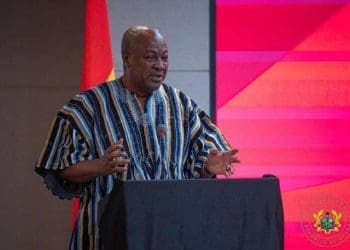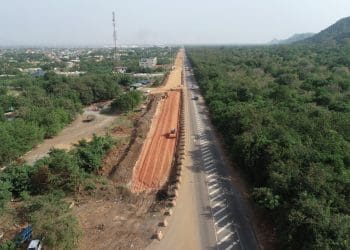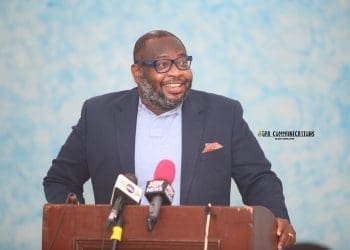Abidjan, Côte d’Ivoire, will become the epicentre of global health discussions from September 8 to 11, 2025, when leading scientists, researchers, public health advocates, policymakers, and medical practitioners gather for the second ECOWAS Lassa Fever International Conference (#ELFIC2025).
The high-level meeting, regarded as the foremost international forum dedicated to addressing Lassa fever, comes at a critical time when the viral disease continues to pose a serious threat to millions across West Africa.
Organised by the West African Health Organisation (WAHO) in partnership with regional and international collaborators, the four-day conference will serve as a platform for sharing cutting-edge research, innovative control strategies, and collaborative approaches for the prevention, diagnosis, and treatment of Lassa fever.
The disease, a viral haemorrhagic fever endemic in parts of West Africa, is associated with high levels of illness and death, yet no vaccine or approved antiviral drug currently exists.
Themed “Beyond Borders: Strengthening Regional Cooperation to Combat Lassa and Emerging Infectious Diseases,” ELFIC 2025 will open with a ceremony led by Côte d’Ivoire’s Prime Minister, Robert Beugré Mambé.
The programme will feature keynote addresses, technical workshops, high-level panel discussions, and ministerial roundtables.
Participants will explore advances in vaccine and diagnostic development, community engagement strategies, outbreak surveillance and response, and policy frameworks for sustainable control and elimination.
A central highlight of the conference will be a ministerial dialogue co-chaired by Dr. Melchior Athanase Aïssi, Director General of WAHO, Nigeria’s Minister of Health and Social Welfare, Professor Muhammad Ali Pate, and Côte d’Ivoire’s Minister for Health, Public Hygiene and Universal Health Coverage, Pierre N’Gou Dimba.
Their engagement will focus on mobilising political will and resources to confront Lassa fever’s devastating impact.
Lassa fever has remained one of West Africa’s most pressing health challenges, with one in five infections resulting in severe disease.
The virus attacks vital organs such as the liver, spleen, and kidneys, placing enormous strain on already fragile health systems.
Beyond its health burden, the disease carries far-reaching socio-economic consequences, particularly for rural and underserved communities that often lack access to timely diagnosis and treatment.
Dr. Aïssi underscored the urgency of regional action ahead of the conference.
“This conference is a call to action to confront the persistent challenges associated with Lassa fever by advancing research, diagnostics, and community-led solutions, while enhancing preparedness and response strategies against zoonotic diseases,” he said.
In addition to plenary and technical sessions, ELFIC 2025 will host exhibitions featuring innovations from research institutions, non-governmental organisations, and private sector partners. Networking sessions will also be held to foster stronger collaborations across countries and disciplines, ensuring that scientific knowledge is translated into tangible public health action.
The gathering is expected to attract senior representatives from ECOWAS member states, the World Health Organization (WHO), the World Bank, the African Development Bank (AfDB), the Coalition for Epidemic Preparedness Innovations (CEPI), German development bank KfW, and other global stakeholders committed to Lassa fever epidemic preparedness and response.
With West Africa still grappling with the recurring threat of Lassa fever outbreaks, ELFIC 2025 is poised to serve not only as a forum for scientific exchange but also as a launchpad for coordinated regional strategies that move beyond borders in the fight against infectious diseases.












